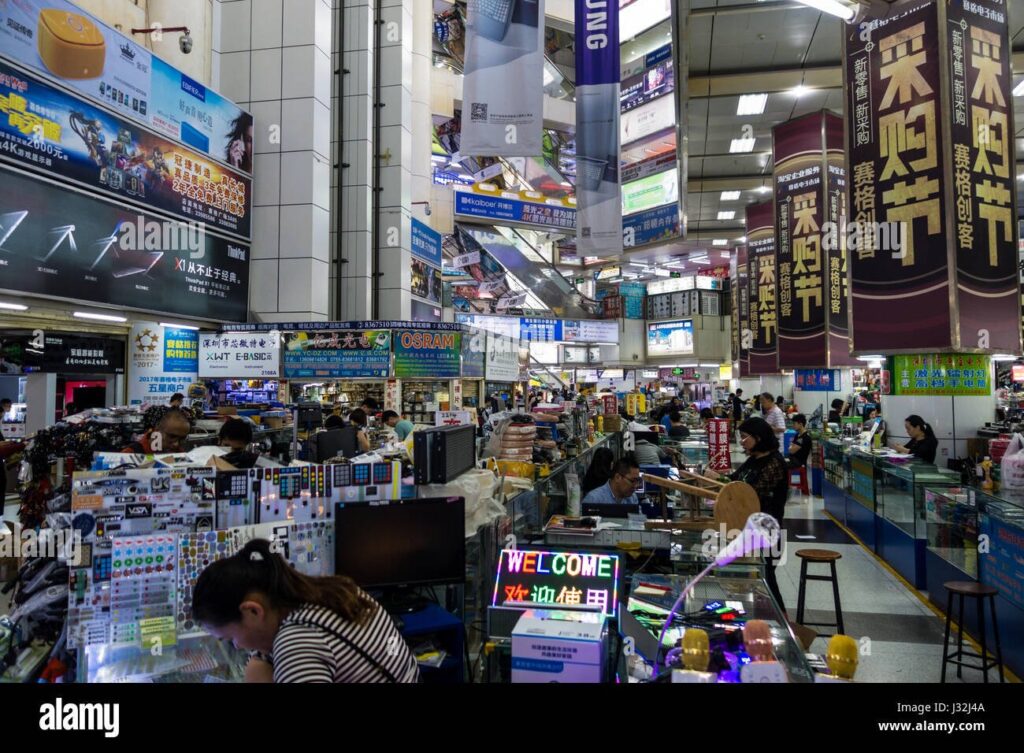By Ian Ortega
If you want to be in investment banking, you’re better off finding the next plane to New York. If you are high on Pan-Africanism, then you should be somewhere in Accra. If you are thinking fashion, why not run as fast as you can to Milan, to Paris, or to London. If you are thinking electronics, then perhaps you should be in Shenzhen, China. There’s no end to the point I am trying to illustrate; the point is that scenes transcend genius.
I am increasingly getting more local and nuanced in observing the constraints to business in Uganda, and in Africa. The commonest constraint is that there’s just not enough scenes. I describe a scene as this point in time and space where several people are hitting at the same problem. Picture the scene in Hyderabad where thousands of young people are competing and collaborating in the engineering, design and technology space. That’s a scene. And if we define innovation as growth of knowledge, that’s a space-time point where knowledge is being multiplied at a rate faster than what would ordinarily happen in individual or isolated cases.

Genius needs a forest. And that forest is the scene. It’s not by mistake that Steve Jobs emerges in the Silicon Valley scene not any other city in Africa. It comes down to creating more scenes. Of course this is not to take away from Uganda. There are scenes that existed. You could think of Kisekka market and what was the motor vehicle repair and maintenance spares. Think of Kisenyi and Katwe scenes for Uganda’s nascent fabrications, Kiyembe for Uganda’s electronics, Nasser Road for Uganda’s printing scenes, Nakasero for the hardware scenes. My argument is that when we noticed such scenes, we needed to have protected them and accelerated them. The role of Government is in the acceleration of such scenes. Because sooner than later, you would have had a better Kiira Motor Vehicle project if it had been built in collaboration with the Kisekka market scene.
Scenes are important because they achieve something crucial, the network effects and the eco-system capabilities. In Kisekka market, you would find those in tyre sections, those in the glass section, those in engine overhauls, there was never a limit. The Kisenyi scene produced today’s top manufacturers such as Mandela and Biyinzika. The Owino/Kafumbe-Mukasa scene produced the Movits of today.
Scenes create rhizome effects; this is what’s important in the growth of industries. And out of scenes, what was just good gets multiplied into great. You could think about your own life, most of your growth happened because of being exposed to a scene. Think of the University scene, think of the importance of fellowships. Scenes produce marriages of minds. Top talent all meeting continuously in the same place produces magic. Scenes shift the needle. Stories have been told of the Bell Labs and the Nobel prizes that were produced out of Bell Labs. Work that really matters requires a good scene. And we must get serious at building, creating and sustaining scenes if we are looking at creating impact. And for those looking to transform their capabilities, find the scene for that which you’re trying to solve. Find people that are working in the same direction and spend more time together. Think of it as each of you having a piece to the puzzle, and by meeting, you’re able to solve this puzzle faster.
Postscript:
I believe in the minimum-viable solution. The starting point for creating scenes is having the ability to identify emerging scenes. It’s also important to have the ability to build and sustain micro scenes. As an example, I am involved in building the Innovation & Strategy scene in Uganda. To do this, I must find more people who are serious about innovation and strategy. I must actively create content or the foundational philosophy for this scene, think of all the articles on this website. Think of Satoshi’s paper that birthed bitcoin – a peer-to-peer electronic cash system. I must be actively weeding out the pretenders on the scene. Many love the outcomes of a scene but not the process of creating a scene. I must be actively avoiding distractions from other scenes. Scenes are always emerging, and one could always think of jumping from one scene to the next. I am clear, it’s the Innovation and Strategy scene, I must be building, I must be finding other scene makers, those hitting at the same rock but from a different direction. Think of it as many people trying to climb the same mountain but from different directions. These people must also somehow find a way to communicate and share information about this mountain. They must actively compete and collaborate (this dialectic is important). Think of Steve Jobs and Bill Gates, it is both a competitive and collaborative relationship.
I also believe that scenes are about shared hunger. Two or more foragers, looking to solve their hunger catch up and decide to collaborate in their hunting expeditions. They’re competing but they’re also collaborating. Of course, hunger is also a big driver for agency. It creates positive desperation, and agency is the outcome of such conditions.

